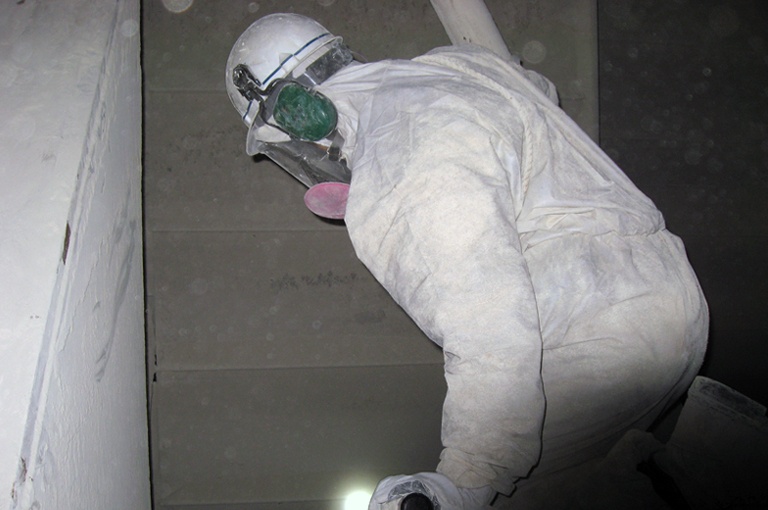Fuel Changes & ESP Performance
If you have frequent changes in coal supply, or your plant has made the changeover to low sulfur and/or low sodium coal, you may also be experiencing increased opacity or even derates related to the performance of your electrostatic precipitator. SO3 conditioning may just be the solution.
Fly ash resistivity increases when using low sodium or low sulfur fuels, such as PRB coal. SO3 (or sulfur trioxide) conditioning helps achieve optimal dust resistivity and ESP performance – either molten or granular sulfur can work, depending on the application. Whether molten or granular sulfur is used, Neundorfer offers unique technology to ensure improved performance. Our patented remote converters make it possible to:
- Locate the sulfur skid near the sulfur storage, reducing transport hassles
Place the converter near the precipitator, optimizing SO3 temperatures to avoid problem pluggage and prolong catalyst life.
Helpful Resources
KnowledgeBase: Optimizing Corona Power
KnowledgeBase: Reducing ReEntrainment
KnowledgeBase: How Boiler Performance Impacts ESP
Our Capabilities: Analytical & Laboratory Services
Our Capabilities: Predictive Modeling


